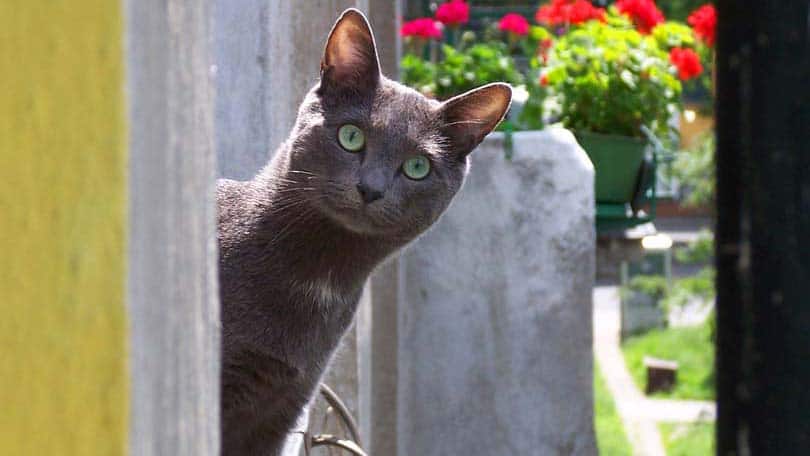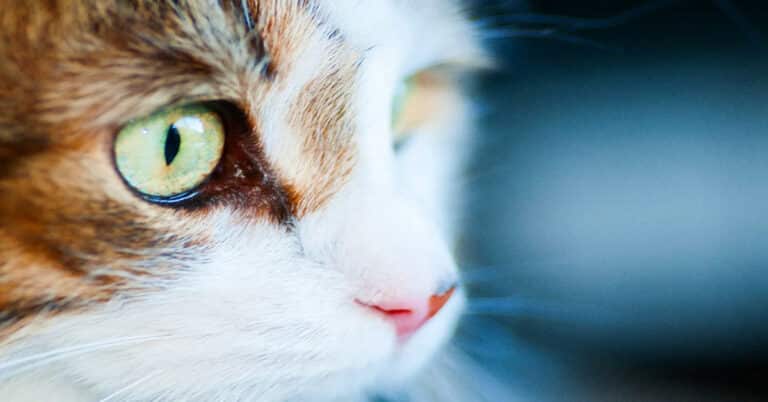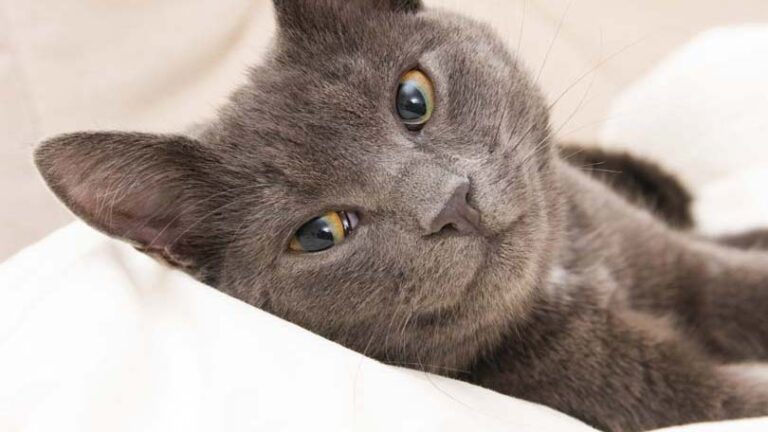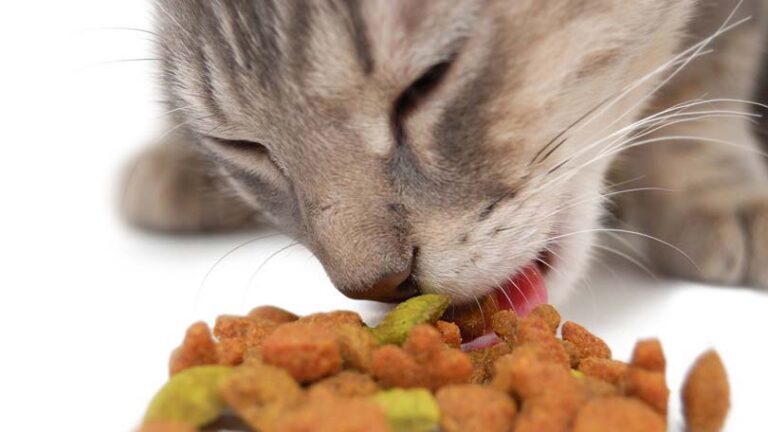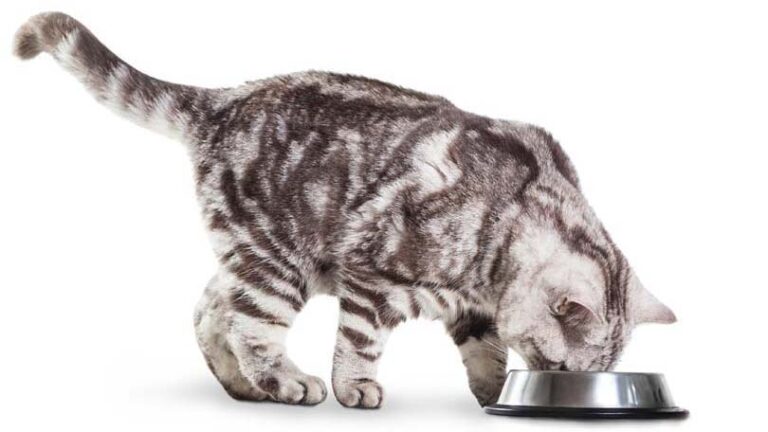Aromatherapy and How It Can Help Treat Cats
Aromatherapy uses essential oils as well as additional natural compounds to provoke beneficial changes. These oils are taken from various substances including flowers and seeds. In one form or another, aromatherapy has been used on humans since ancient times. In this article, we will examine aromatherapy and its role in treating cats. While the idea of offering your cat various healing fragrances may at first sound silly, the truth is that aromatherapy has indeed been successfully used on animals.
There is a proven connection between our sense of smell and the brain itself. One of the quickest “routes” to the brain is, in fact, the sense of smell. This is why memories are often triggered as a result of smell. Thus, there is no denying that smell and brain function are related in some capacity.
The fact that aromatherapy is able to produce results in humans has led to the adoption of aromatherapy for animals as well. Since it is believed that aromatherapy can be used to reduce anxiety and produce a sense of relaxation, holistic vets frequently suggest it as an easy way to calm down nervous animals. Often aromatherapy is used to assist cats to gain a sense of calm when they are experiencing stressful situations.
One of the potential medical benefits of aromatherapy in animals is that if the animal is calmer, stress hormones can drop. Hormones, such as cortisol, can interfere with proper healing, as they can trigger inflammation. Many diseases and conditions thrive on inflammation.
Since cortisol produces inflammation, any steps that can be taken to calm an animal, or for that matter a person, can yield positive results when it comes to fighting a disease. Keep in mind, however, that this is a more holistic approach that would best be done in conjunction with a veterinarian who is knowledgeable about aromatherapy.
It is important to note that the misuse of aromatherapy can lead to serious medical problems or even death for pets. For example, there is a very real risk of allergic reactions to essential oils. There are also toxicity issues.
Oils that you might believe to be completely safe to use could actually be quite problematic and even dangerous. Therefore, it is important to be diligent about the type of aromatherapy you are administrating to your furry friend. Just because particular oils are safe for humans don’t necessarily mean that they are safe for cats. Some of the oils that are potentially dangerous for cats include peppermint, lemon oil, tea tree oil, cinnamon oil and thyme oil. In fact, if you are using these oils for your own benefit, it is a good idea to open a window if you have cats around.
On the other hand, hydrosols are usually safe for cats. Hydrosols have a water base and are typically much gentler. They do not include phenols and ketones. Some popular hydrosols include chamomile, rose, geranium and neroli oil. In addition to using aromatherapy to calm cats, oftentimes people also successfully use hydrosols for treating flea or tick problem. Hydrosols have also been successfully used for calming purposes when they are applied to litter boxes.
If you are planning to use a hydrosol to treat your cat, you can either spray it in the air or apply it to the cat’s skin. However, it is a good idea to let the cat get familiar with the scent before applying it directly. You may want to test it first by spraying it in the air near your cat and seeing if your cat has a negative reaction. If you see that your cat reacts negatively to a scent, back off and don’t try applying it directly.
It is extremely important to note that there are safety issues related to aromatherapy for you cat. You should never simply start treating your cat with essential oils or attempt to undertake aromatherapy on your own. Cats are obviously not people. In fact, cats can be poisoned by essential oils. In short, this is serious business!
While aromatherapy is potentially an excellent way for you to help your cat, this treatment should always be done in conjunction with a doctor. If you can find a holistic veterinarian, this would be the best-case scenario. Remember that before proceeding, it is highly recommended to get advice from a professional. An array of ailments can be caused by the misuse of oils on cats. Therefore, it is just not worth the potential risk that could be caused by making a mistake!
Great care must be used where aromatherapy and your cat is concerned. However, when done correctly, it is possible to successfully use aromatherapy to treat stress related and emotional problems that your cat may be experiencing.

Having discovered a fondness for insects while pursuing her degree in Biology, Randi Jones was quite bugged to know that people usually dismissed these little creatures as “creepy-crawlies”.

